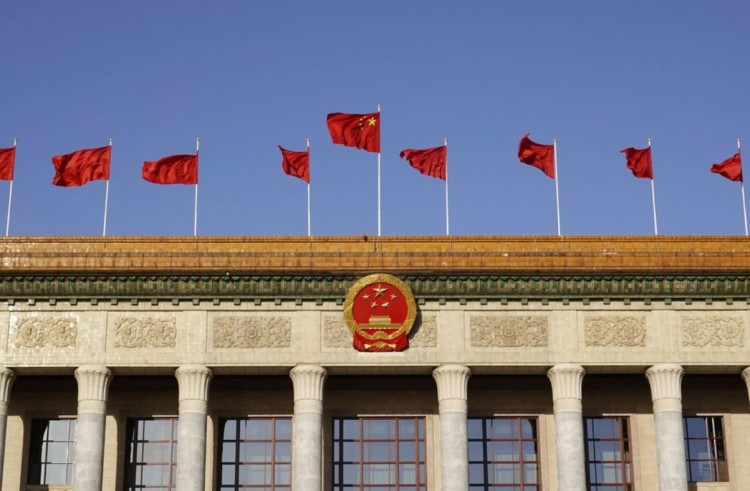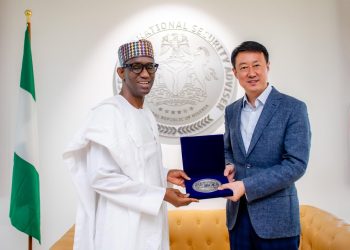The 20th Central Committee of the Communist Party of China (CPC) adopted a resolution on further deepening reform comprehensively to advance Chinese modernization at its third plenary session held here from Monday to Thursday.
The Political Bureau of the CPC Central Committee presided over the meeting. General Secretary of the CPC Central Committee Xi Jinping delivered important addresses, according to a communique released Thursday.
At the session, the Central Committee heard and discussed a report on the work of the Political Bureau, presented by Xi on behalf of the Political Bureau, and considered and adopted the Resolution of the Central Committee of the Communist Party of China on Further Deepening Reform Comprehensively to Advance Chinese Modernization. Xi delivered explanatory remarks on the draft version of the resolution.
The overall objectives of further deepening reform comprehensively are to continue improving and developing the system of socialism with Chinese characteristics and modernize China’s system and capacity for governance, according to the communique.
“By 2035, we will have finished building a high-standard socialist market economy in all respects, further improved the system of socialism with Chinese characteristics, generally modernized our system and capacity for governance, and basically realized socialist modernization,” it said.
All of this will lay a solid foundation for building China into a great modern socialist country in all respects by the middle of this century, it noted.
The reform tasks laid out in the resolution shall be completed by the time the People’s Republic of China celebrates its 80th founding anniversary in 2029, said the communique.
The Central Committee made systematic plans for further deepening reform comprehensively, it added.
In building a high-standard socialist market economy, the role of the market must be better leveraged, with a fairer and more dynamic market environment to be fostered and resource allocation to be made as efficient and productive as possible. Restrictions on the market will be lifted while effective regulation will be ensured to better maintain order in the market and remedy market failures, said the communique.
In promoting high-quality development, the communique urged deepening supply-side structural reform, improving incentive and constraint mechanisms for promoting high-quality development, and creating new drivers and strengths for realizing growth.
“We will improve the institutions and mechanisms for fostering new quality productive forces in line with local conditions, for promoting full integration between the real economy and the digital economy, for developing the service sector, for modernizing infrastructure, and for enhancing the resilience and security of industrial and supply chains,” it stated.
In supporting all-around innovation, the Party will deepen comprehensive reform in education, structural scientific and technological reform, and institutional reforms for talent development.
In improving macroeconomic governance, the communique urged pursuing coordinated reforms in the fiscal, tax, financial, and other major sectors and enhancing the consistency of macro policy orientation, with the national strategic planning system and policy coordination mechanisms to be improved.
On integrated urban and rural development, the Party must promote equal exchanges and two-way flows of production factors between the cities and the countryside, so as to narrow the disparities between the two and promote their common prosperity and development, according to the communique. Reform of the land system will be deepened, it added.
Describing opening up as a “defining feature of Chinese modernization,” the communique said that the Party will “steadily expand institutional opening up, deepen the foreign trade structural reform, further reform the management systems for inward and outward investment, improve planning for regional opening up, and refine the mechanisms for high-quality cooperation under the Belt and Road Initiative.”













































